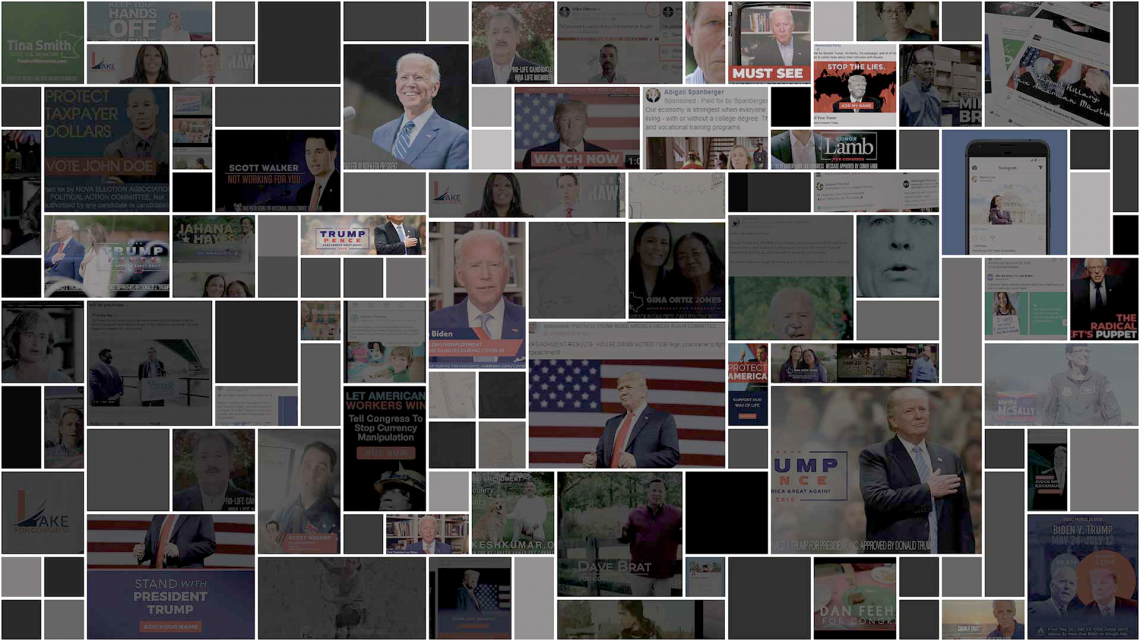The Digital Ban on Political Ads: Only the Small Guys Got Hurt

At a critical time in the days before election day in 2020, several digital platforms – including Facebook, Google, Twitter, Amazon, Spotify, and TikTok – and other key digital platforms took the exceptional step of banning political ads. These policy changes were intended to prevent the spread of misinformation.
The effort was announced to wide acclaim at the time, but a new report by the Duke Center on Science & Technology Policy is casting a skeptical eye on what the policy actually accomplished. The report was authored by Matt Perault, the director of the Center on Science & Technology Policy, and J. Scott Babwah Brennen, a senior policy associate.
The report, “The Only People Who Got Hurt Were the Small Guys: Assessing Winners and Losers from the 2020 Platform Political Ad Bans,” finds that the ad bans failed in their goal of slowing the spread of misinformation and even hurt poorer campaigns and Democrats more than wealthier campaigns and Republicans.
The report found:
• There is little evidence that either Facebook’s or Google’s bans meaningfully reduced the impact of misinformation. In fact, the bans may have been counterproductive by making it harder for committees to address misleading organic content.
• The bans likely hurt poorer campaigns more than wealthier ones. Both bans required innovation in ad spending that benefited wealthier campaigns.
• The bans likely hurt Democrats more than Republicans.
“Looking forward to the 2022 midterms, it is essential that we understand better how these policy experiments impacted campaigns in the 2020 election,” Brennen said.
The authors said the study is an example of the importance of studying the effects of policy experiments during the 2020 elections, noting how they can help us understand how shifts in platform political ads policies can influence elections.
The impact on small campaigns was noticed by the candidates, the report said. One North Carolina candidate said the companies “made all of their decisions only thinking of big, expensive national attention type of campaigns. And when they did that, they gave no consideration whatsoever for small campaigns, which is the vast majority of campaigns going on across the country during an election. That’s who got held back. They were never even considered when the rules were put in place.”
Another candidate told the authors, “The only people that got held up [by Facebook’s ad ban] were people who couldn’t afford to hire people or didn’t have the volunteer base that I ended up getting. So again, the only people that got hurt were the small guys.”
The report, the second in a series of briefs by the center studying the impact of political ad bans, offers five policy recommendations, including that digital platforms should resume running political ads, platforms should provide advertisers with more time and resources to navigate political ads policy changes, and calling for enactment of legislation criminalizing the dissemination of political misinformation with the intent of suppressing the vote.
See the full policy brief on the Center on Science & Technology Policy website. The center is part of the Duke Science & Society Initiative.